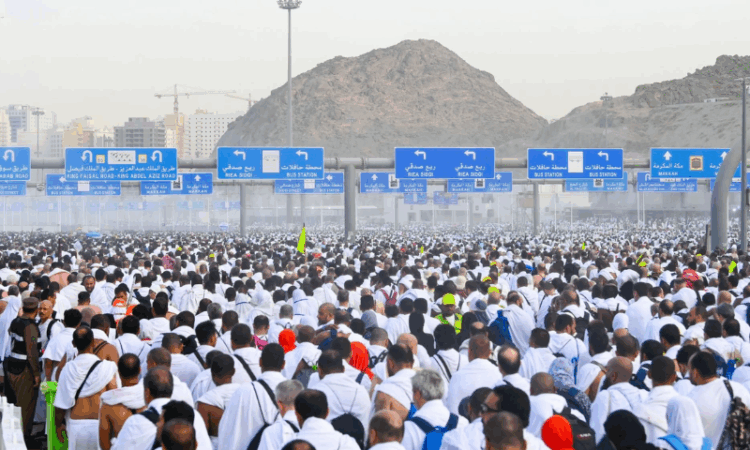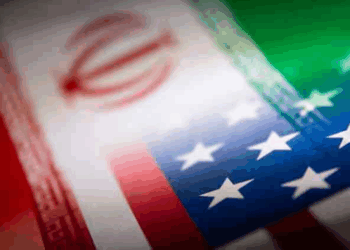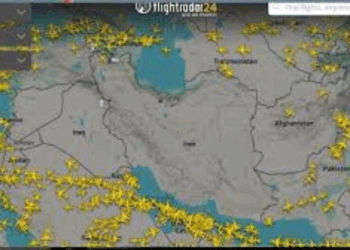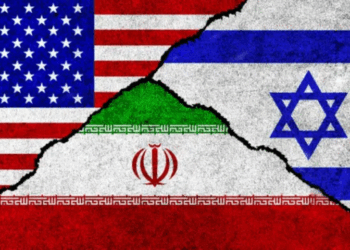Riyadh, May 30, 2025: As summer temperatures continue to rise, Saudi Arabia is preparing to host over a million Hajj pilgrims with the help of artificial intelligence, increased shade, and cooling systems.
Speaking to AFP, Hajj Minister Tawfiq al-Rabiah said that dealing with extreme heat is one of the biggest challenges for organisers. “Each year, temperatures keep rising, and we treat this as a top priority,” he said in an interview in Riyadh on Thursday.
The concern is especially urgent after last year’s Hajj, during which more than 1,300 pilgrims died when temperatures soared to 51.8°C (125.2°F).
To avoid a repeat of that tragedy, the minister said over 40 government agencies and 250,000 staff have been mobilised to improve safety and comfort for pilgrims. Among the new measures including 50,000 square metres (12 acres) of additional shaded areas have been added, more than 400 misting and cooling units will be installed and thousands of extra medical workers will be available throughout the pilgrimage.
These steps build on previous improvements such as upgraded walkways near the Grand Mosque and special heat-reflecting surfaces to reduce the ground temperature.
“These upgrades will help ensure the safety and improve the overall experience for pilgrims performing Hajj,” Rabiah said.
According to the minister, over one million pilgrims have already arrived in the Kingdom, with many more on the way.
To manage the huge crowds and ensure safety, Saudi officials are also using advanced artificial intelligence (AI). AI tools will help monitor real-time video and data, including footage from new fleets of drones watching over the holy sites in Makkah.
“We use cutting-edge AI to monitor situations and receive quick feedback,” Rabiah added.
Managing large crowds during Hajj has been a major challenge in the past. The worst disaster occurred in 2015, when a stampede tragically claimed around 2,300 lives.
Alongside tech and infrastructure improvements, Saudi authorities are also enforcing rules to prevent unregistered pilgrims from entering Makkah. Hajj permits are distributed through a quota system and allocated by lottery in each country.








